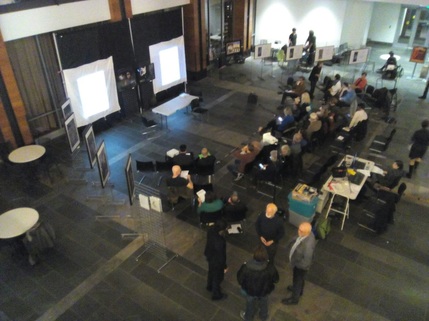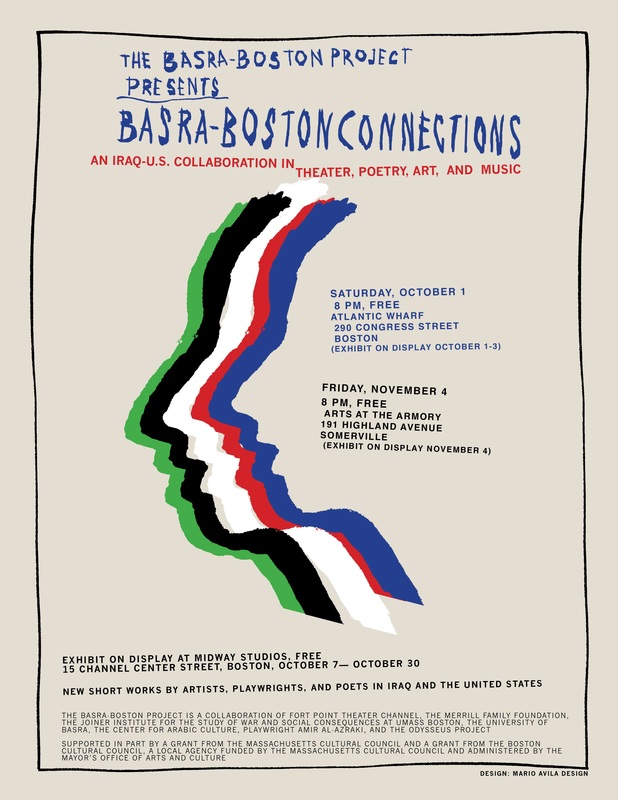The king doth wake to-night and takes his rouse,
Keeps wassail, and the swaggering up-spring reels;
And, as he drains his draughts of Rhenish down,
The kettle-drum and trumpet thus bray out
The triumph of his pledge.
HORATIO
Is it a custom?
HAMLET
Ay, marry, is't:
But to my mind, though I am native here
And to the manner born, it is a custom
More honour'd in the breach than the observance.
This heavy-headed revel east and west
Makes us traduced and tax'd of other nations:
They clepe us drunkards, and with swinish phrase
Soil our addition; and indeed it takes
From our achievements, though perform'd at height,
The pith and marrow of our attribute.
So, oft it chances in particular men,
That for some vicious mole of nature in them,
As, in their birth--wherein they are not guilty,
Since nature cannot choose his origin--
By the o'ergrowth of some complexion,
Oft breaking down the pales and forts of reason,
Or by some habit that too much o'er-leavens
The form of plausive manners, that these men,
Carrying, I say, the stamp of one defect,
Being nature's livery, or fortune's star,--
Their virtues else--be they as pure as grace,
As infinite as man may undergo--
Shall in the general censure take corruption
From that particular fault: the dram of eale
Doth all the noble substance of a doubt
To his own scandal.


 RSS Feed
RSS Feed
